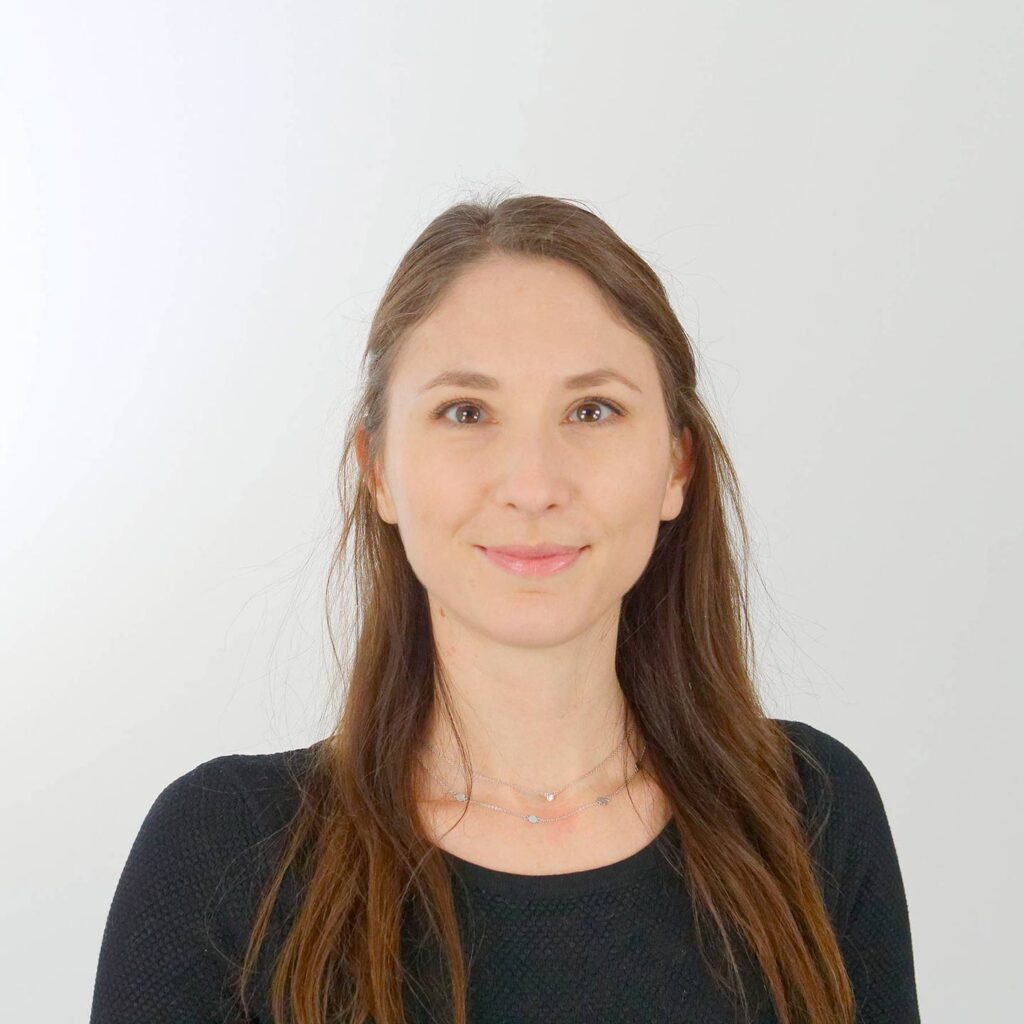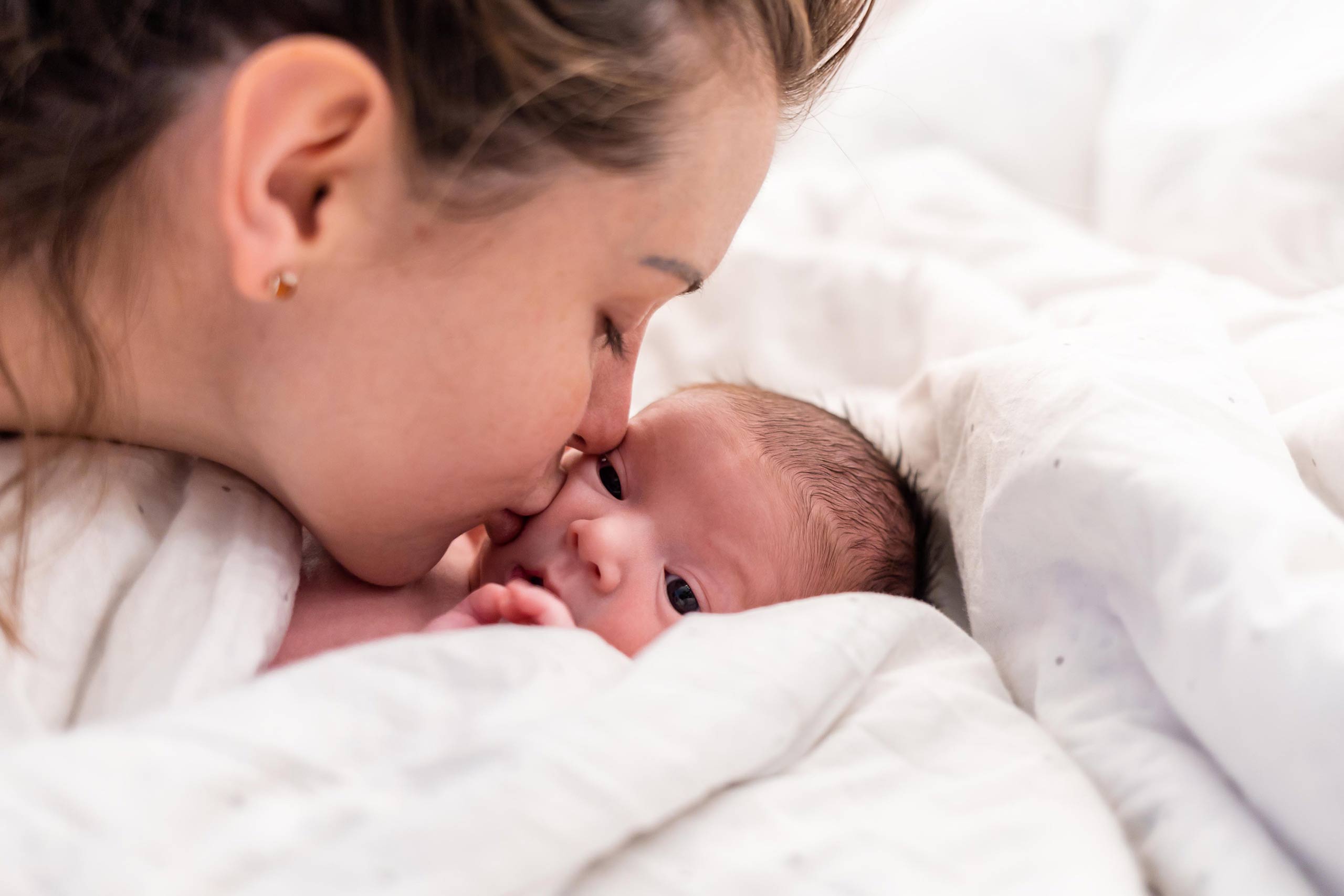Newborn Screening
Screening Platform
In 2017 the Global Platform for the Prevention of Autoimmune Diabetes (GPPAD) has established a screening program, GPPAD-02, that identifies infants with a genetic high risk of type 1 diabetes, enrolls these into primary prevention trials, and follows the children for beta-cell autoantibodies and diabetes. Genetic testing is done either at delivery, together with the regular newborn testing, or at a pediatric visit in 5 countries (Germany, UK, Poland, Belgium and Sweden).
Risk Score
Using a genetic score based on over 40 type 1 diabetes susceptibility single-nucleotide polymorphisms (SNPs) and first-degree family history for type 1 diabetes, infants with a high (>10%) genetic risk for developing multiple beta-cell autoantibodies by the age of 6 years are identified. Over 500,000 newborns or infants have been screened so far. The prevalence of high genetic risk for type 1 diabetes in these infants was 1.18%. Infants with high genetic risk for type 1 diabetes are followed up and asked to participate in a randomized controlled trial aiming to prevent beta-cell autoimmunity and type 1 diabetes. The GPPAD-02 study provides a unique path to primary prevention of beta-cell autoimmunity in the general population.
Information for Practitioners (only Munich)
Are you a clinical practice participating in the Freder1k screening and would like to order Flyers or Posters? Or would you like to participate in the Freder1k screening?
Please find your information here:
Information for Participants
Information for parents is provided on the study site specific websites. Check out the website of the study center nearest to you and find all relevant info about the GPPAD studies in your local language. There, you can also connect with a local contact person for further assistance and guidance.

In case of questions, please contact our study coordinator Manja Jolink.
Manja Jolink
manja.jolink@helmholtz-munich.de

